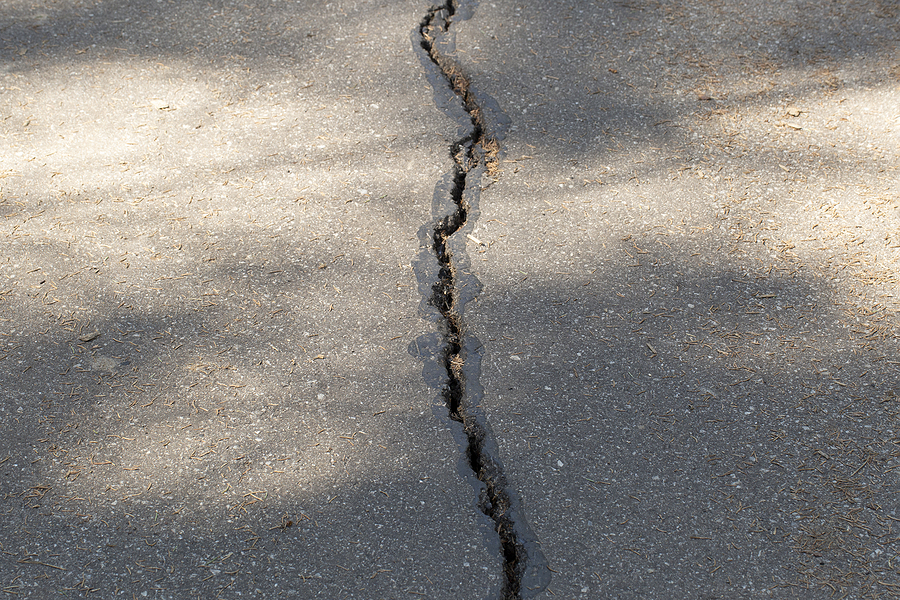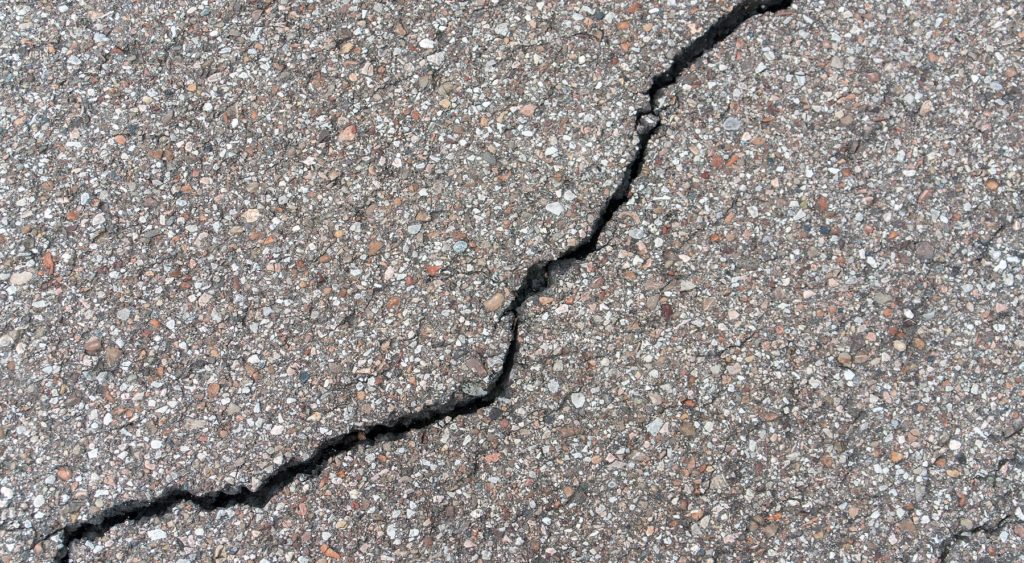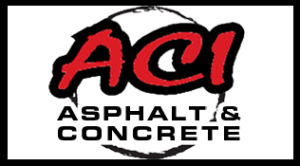Cracks in commercial pavements are more than just an eyesore. They signify underlying issues that can escalate into major problems, impacting the safety and functionality of the pavement. From small hairline fractures to gaping crevices, pavement cracks are a universal challenge in infrastructure management. But what causes this kind of damage, and what are their implications?
More importantly, how can we prevent them from ensuring our pavements are safe, durable, and aesthetically pleasing? This blog post delves into the anatomy of pavement cracks, exploring their causes, implications, and effective prevention strategies in the context of commercial pavements. Join us as we navigate the expansive world of crack filling and pavement maintenance.

Causes of Cracks in Commercial Pavements
The primary cause of pavement cracks is aging or deterioration due to natural wear and tear. The longer pavements are in service, the more likely they are to develop issues such as alligator cracking, fatigue cracking, transverse cracking, longitudinal cracking, and edge cracking. Other contributing factors include shallow foundations, inadequate drainage systems, and the use of poor-quality materials.
Climate is another major factor that can aggravate existing pavement cracks. The freeze-thaw cycle causes water to accumulate in the pores of asphalt concrete, leading to further deterioration due to moisture damage. Furthermore, temperature fluctuations lead to a process called “thermal shock” which increases the risk of cracks developing on your pavement.
Implications of Pavement Cracks
Cracks in commercial pavements can have serious implications for the safety and functionality of your infrastructure. They can create a trip hazard, leading to potential lawsuits if someone falls on your property. Additionally, cracks can lead to more frequent potholes due to water seeping into the sub-base layer and eroding the surface. This can reduce the durability of your pavement, leading to increased maintenance costs and frequent repairs. Cracks can also create a breeding ground for weeds and moss, which can further damage the pavement over time. Finally, cracks pose an aesthetic concern as they detract from the overall appearance of your premises.
How Paving Companies Repair Cracks in Commercial Pavements
The best way to prevent cracks in your commercial pavement is to partner with a paving company for regular maintenance. They can inspect the surface of your pavement and identify any potential issues, such as signs of alligator cracking or fatigue cracking. The best way to repair these damages is by using a hot mix asphalt patching technique, which your paving contractor can provide. Hot mix asphalt patching involves heating the asphalt and mixing it with a binding agent to form a cohesive patch that bonds seamlessly with your pavement. This technique is long-lasting and durable, helping to protect your pavement from further damage due to cracks.
In addition to hot mix asphalt patching, some paving companies also offer crack filling services. Crack filling is done by sealing the cracks in your pavement with a flexible material that prevents water from seeping through and causing further damage. It is important to note, however, that crack filling only works on small cracks and potholes. If the crack is too large, your paving contractor may advise an alternative solution such as overlaying the area with fresh asphalt or concrete.
Prevention Strategies for Pavement Cracks
The most effective way to prevent pavement cracks is to maintain your pavement on a regular basis. The first step in the process is to conduct a thorough inspection of your pavements, looking for signs of distress or deterioration. If any issues are identified, they should be addressed immediately to prevent further damage. Additionally, you should ensure that the underlying base layer of your pavement is properly drained and compact to prevent water from accumulating. Finally, you should invest in quality materials for construction to reduce the risk of issues developing over time.
Wrapping Up
All in all, cracks in commercial pavements can have serious implications for infrastructure safety and durability. To ensure your pavement remains safe and aesthetically pleasing, it’s essential to conduct frequent inspections and preventive maintenance. Investing in quality materials and regularly consulting with a paving contractor can help reduce the risk of cracks developing in your pavement. With careful planning and regular maintenance, you can keep your pavements safe and damage-free for years to come.
Would you like to get your pavement cracks repaired to help increase your lot’s value? Contact ACI Asphalt and Concrete at 317-549-1833 for professional road construction and paving services in Indianapolis, Indiana. We offer asphalt and concrete work, including sealcoating services and pothole repair.
Related Posts:
Essential Pavement Repair Tips for Commercial Property Owners
What You Need to Know About Asphalt Crack Repair Products
How to Repair Concrete Cracking and Minor Damages


